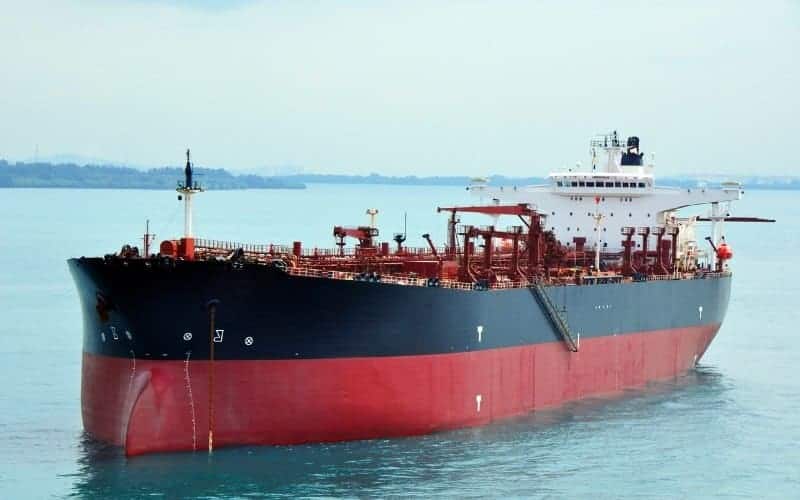Welcome To ChemAnalyst

As the Russia-Ukraine crisis enters its third week, pressure on global markets is increasing, as protracted hostilities could compel foreign purchasers who rely on the two major Black Sea suppliers to go elsewhere for their supplies. According to marine professionals, the possibility of hitting floating mines in the important Black Sea shipping route is increasing the dangers for several merchant ships still operating in the region, and countries must secure safe passage to keep supply chains flowing.
The Black Sea, which Bulgaria, Romania, Georgia, and Turkey share with the warring Ukraine and Russia, is critical for exporting grain, oil, and oil products. Ukraine and Russia have both been accused of planting mines in the Black Sea, and Turkish and Romanian military diving teams have recently defused stray explosives in their respective waters.
The International Transport Workers' Federation (ITF) and the Joint Negotiating Group of maritime employers recently mentioned that they are looking for methods to avoid sailors and their ships becoming "collateral damage" in the Ukraine's ongoing crisis. They further added, "It's critical that the world's mariners continue to carry out their responsibilities safely and keep global supply networks running."
Due to the heightened risk of dealing with a Russian corporation and the ambiguity surrounding the effects of Russian sanctions, shipowners have demanded high premiums to compensate for the danger of trading Urals crude and going into Black Sea territorial seas.
As long as crude oil fundamentals remain uncertain, the geopolitically exposed dirty tanker (oil tanker) markets are likely to remain highly volatile. As uncertainty flooded the oil markets in the aftermath of Russia's invasion of Ukraine, several dirty tanker freight rates soared to multiyear or all-time highs and are likely to follow up the suit in the forthcoming period.
We use cookies to deliver the best possible experience on our website. To learn more, visit our Privacy Policy. By continuing to use this site or by closing this box, you consent to our use of cookies. More info.
